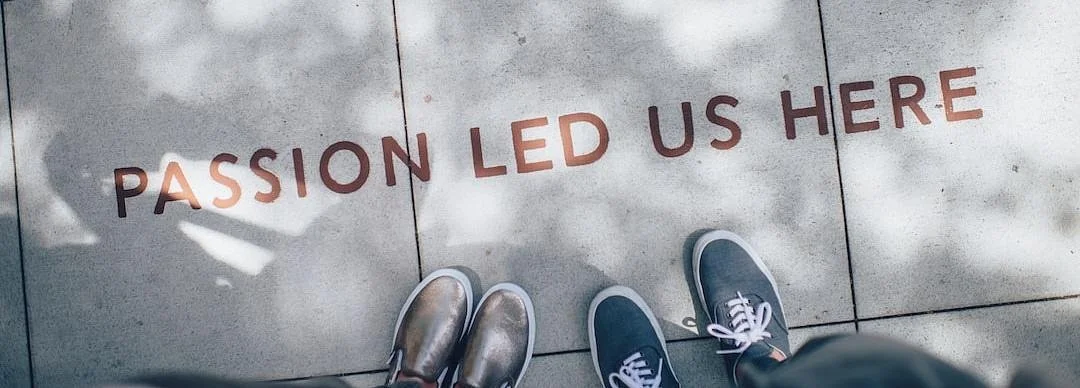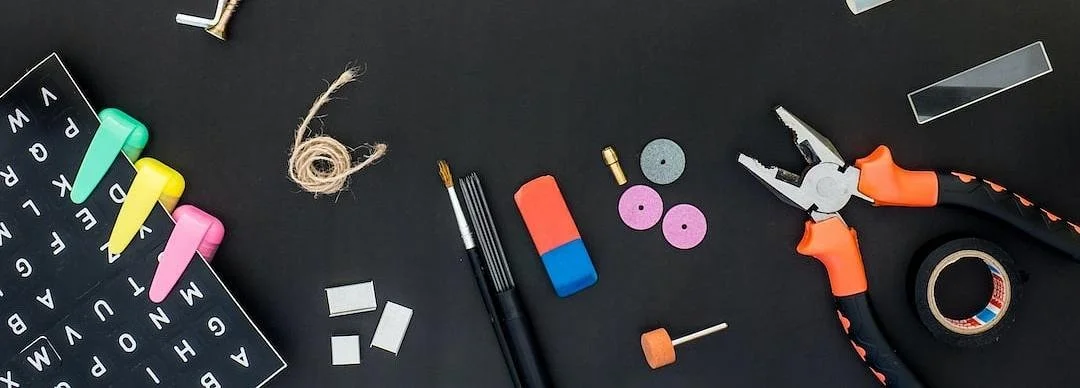The Right to Record (2020-21)
By
Hannah Kemp-Welch
Hands tied in unravelled cassette tape. Photograph credit: Kirsty Reynolds.
An audio art project through which people with disabilities campaign for the right to record their benefits assessments on a medium other than cassette, as is the current Government ruling.
The Bath House, 5 Arboretum Place, Barking, is home to a Personal Independence Payments (PIP) Consultation Centre.
This is where people with health conditions and disabilities in the surrounding area have their eligibility for social security payments assessed by a private firm called the Independent Assessment Service (formally Atos Healthcare).
Complaints about these assessments have received frequent press coverage; a Disability News Service investigation reported that assessors ‘lied, ignored written evidence and dishonestly reported the results of physical examinations’. 73% of claimants who are refused PIP following their assessment, win their case when taken to tribunal. Evidence of what took place at the assessment, is crucial for disabled people who are forced to take their case to tribunal.
Yet the Department for Work and Pensions have ruled that assessments may only be recorded on CD or cassette tape. The claimant must provide two devices for this purpose, and simultaneously record the assessment on both, giving one of the CDs or tapes to the assessor immediately after the appointment. This gear costs £120, which poses an insurmountable barrier to most claimants.
In early 2020, audio artist Hannah Kemp-Welch was buying a cassette player in Argos. She noticed that all the reviews of cassette recorders were written by PIP claimants. Having had experience of attending such an assessment herself previously, she was enraged that tape was still being seen as the only incorruptible form of audio evidence despite all the issues of cost, inconvenience and poor recording quality. With the support of Studio 3 Arts, Hannah spoke to Barking & Dagenham residents with experience of applying for PIP, and together, they formed an action group to raise awareness, campaign, and produce a creative response.
They recorded conversations on tape and played with the hissy textures, collaborated with disability activists, wrote detailed letters to the Government and held meetings with MPs, and produced an audio work for broadcast on Resonance FM. The audio work contains personal testimonies, and documents efforts to effect a rule change at a national level.
Happily, the Government conceded, and though they refused to allow recording on mobile phones during assessments, made a written commitment to ensure there would be audio recording equipment available on site at every PIP assessment centre in 2021.
To listen to a 5-minute trailer for The Right to Record, click the audio link below:
To listen to The Right to Record in full, click the audio link below:
This programme was made by: Carina Murray, Katy Rowland, Kev Walton and Pritpal Attalia
Project led by artist Hannah Kemp-Welch, with support from artist Kirsty Reynolds
Rap performed by Dauda Ladejobi with lyrics by Katy Rowland, additional lyrics by the Artivists
Poem by Kev Walton
Radio production by Hannah Kemp-Welch
This project is produced by Studio 3 Arts
Thanks to the Funders of this project:
Arts Council England and the London Borough of Barking and Dagenham
“Collaborating with other individuals with similar experiences as myself, trying to navigate the brutal process of the assessment system of PIP has been an empowering experience. It has enabled me to switch from the narrative of feeling like a criminal to a person who has valid legal rights to be heard in a fair and just manner, without fear of reprisal. Recording assessments will fill in the blanks where information gets missed, so our voices will be heard. In order to reassure and guarantee recording equipment will be in working order and on-site, we would like the right to evoke ‘no equipment, no assessment’, without punitive action taken against the claimant.”
“I got involved with this campaign because I am fed up being called a liar by Atos Healthcare. I have had three PIP assessments and have had to go to a tribunal every time, all got overturned. Hopefully we could help getting proper recording equipment used in all assessments. This would be beneficial to everyone and stop unnecessary postponement and suffering for those claiming. We also need medical assessments from our own GPs, which will benefit all involved. Too many people have been let down by this greedy Government and I think it’s time for the disabled and mental health sufferers to take a stand. I am very honoured and glad that I can take part in this project. It shows the disabled are able to make a difference and hopefully stop the lying private assessors. This needs to change sooner than later. The power of a few ignites the passion of the many.”
“This moment truly demonstrates the power of art as a vehicle for change. I’m so proud that Studio 3 Arts has played a part in making this happen – creating a space to hear from, and be led by, local people with experience of the PIP assessment system. As someone with a chronic condition and my own experience of navigating the system, I am personally honoured to be able to stand alongside Hannah and our group and say ‘we made this happen’.”




